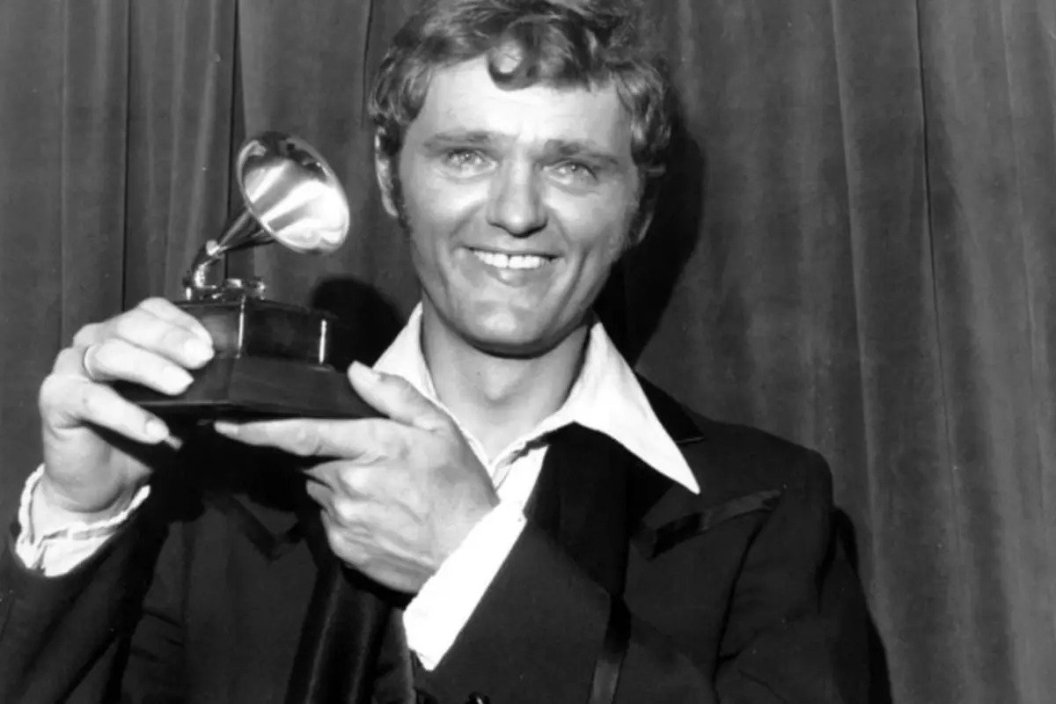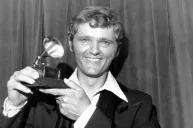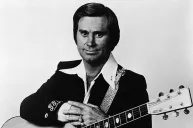From his roots in Atlanta, Georgia to the bright lights of Nashville, Tennessee, Jerry Reed captured listeners' imaginations with his songwriting and guitar playing skills.
Videos by Wide Open Country
As a tradition-grounded country music singer with the personality to charm his way into Hollywood circles, Reed took the genre uptown without compromising an authentic good ole boy image. Basically, he was Jim Varney with musical talent, or Waylon Jennings and Bobby Bare with a slightly softer image and better acting chops. Or maybe he was his musical collaborator, Elvis Presley, with better luck at landing a role in a decade-defining film. With songs like "She Got the Goldmine (I Got the Shaft)," "You Took All the Ramblin' Out of Me," and "Talk About The Good Times," he became one of the most memorable voices in country music.
Reed's widespread acclaim in the 1970s and recent Country Music Hall of Fame nod surely wouldn't have happened without a large and diverse catalog of country music recordings, mostly with RCA. These Reed songs exemplify how the Grammy winner's music both launched and furthered his run as a legitimate celebrity.
10. "Mule Skinner Blues"
Reed looks to the past on his Georgia Sunshine album with this Jimmie Rodgers cover. It let Reed's roots show so they could get further nourishment from his guitar picking skills. For a broader look at his cover song repertoire, seek out his version of Johnny Cash's "Folsom Prison Blues."
9. "Tupelo Mississippi Flash"
Even when a song called for a humorous vocal performance, Reed really made the characters in his songs come to life. The "Tupelo Mississippi Flash" was part parody, part tribute to the coolest daddy of the all, Elvis Presley. Other story-songs beyond those listed here include "Ko-Ko Joe."
8. "Lord Mr. Ford"
Reed speaks for everyone who's ever sighed "Good Lord" over a lemon with this jokey look at consumer culture. Things would get worse for car owners after the song's release. The single arrived a few months before a 1973 oil embargo caused a gas shortage across the United States. Reed went on to address that issue head-on with "Crude Oil Blues."
7. "The Bird"
Only Merle Haggard himself nailed country legend impressions better than Reed did in this story of a talking and honky-tonking parrot. Pretty much everyone does a Willie Nelson impression, but no one can top Reed's spot-on mimicking of the Red-Headed Stranger.
6. "Sugar Foot Rag"
Reed celebrated his role as Chet Atkins' guitar understudy with this nod to old-time dance numbers. It's a souped-up take on the good times Atkins had playing on WNOX radio in Knoxville, Tenn. early in his career.
Read More: Dolly Parton Explains Why She Didn't Let Elvis Record 'I Will Always Love You'
5. "When You're Hot, You're Hot"
Pop song sloganeering about a high-rolling divorcee fit high-energy country music like a glove under the watchful eye of Reed. The end result remains one of Reed's most popular songs among the crossover audience he forged in the 1970s.
4. "Alabama Wild Man"
One of Reed's most energetic contributions to both country and Southern-tinged rock pokes fun at the perceived generation gap between both audiences. He tells of an ornery old man in a light-hearted way that surely ticked both kids and parents.
3. "Guitar Man"
This seminal 1960's recording by Reed impressed Elvis Presley himself. The King soon recorded his own version with Reed on guitar. A retooled version of Presley's recording later became his final posthumous No. 1 hit on the country charts. Presley also recorded Reed's original "U.S. Male" with the songwriter chipping in on guitar.
2. "East Bound and Down"
The cultural impact of Reed's music reached its zenith with this catchy theme song for 1977's Smokey and the Bandit. It exposed country music to a massive global audience, boosting the widespread appeal of an entire genre. Plus Reed's single was well-timed, considering the popularity of CB radios and Texas-bound convoys among country listeners.
1. "Amos Moses"
"Amos Moses" is every good thing about Jerry Reed's music crammed into a pop-accessible country song. His chicken scratch guitar style, sense of humor and storytelling skills carry this send-up of regional folk legends. Together, these elements tell a rich enough story about its mean-as-the-dickens title character that it's a wonder we never got a Dom DeLuise movie about Amos.
This article was originally published in 2018.




